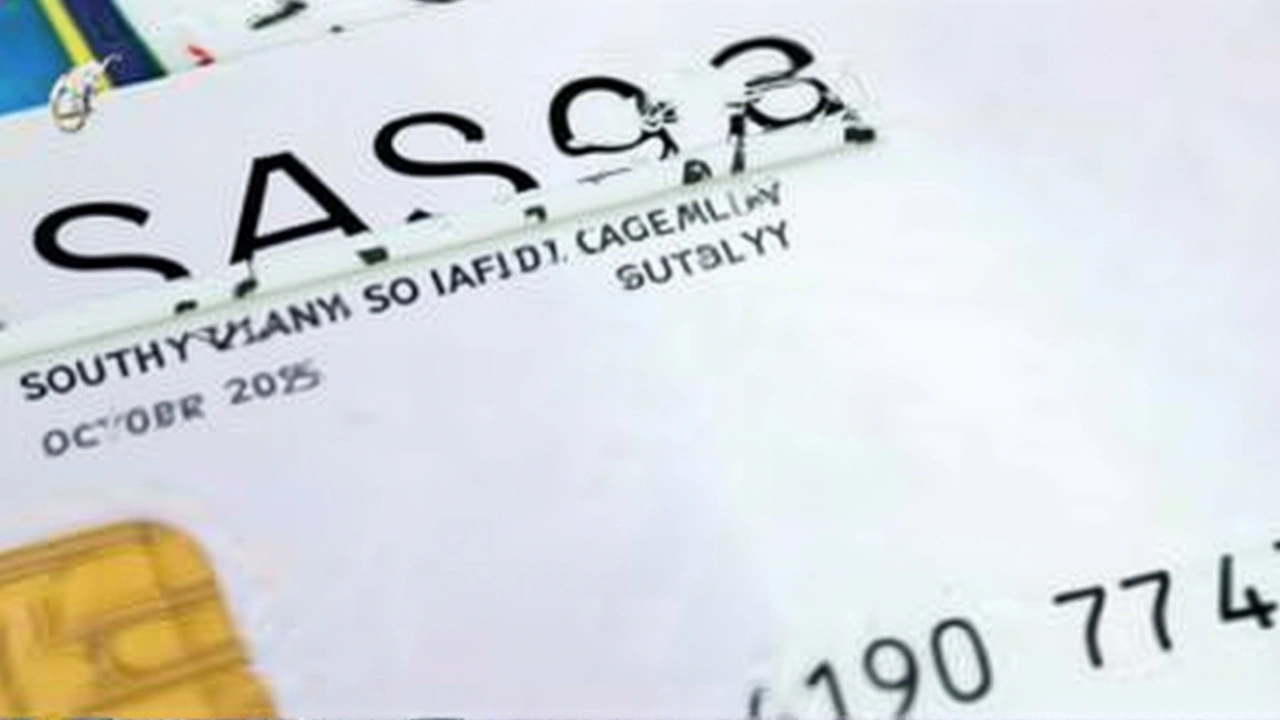Social Grants in Africa: A Practical Guide
Social grants are government payments that help people cover basic needs like food, housing, or health care. In many African countries they are a lifeline for millions of families living on low incomes. If you’re new to the topic, you probably wonder how these grants are organized, who can claim them, and what the biggest hurdles are. This guide breaks down the essentials so you can understand the system and make the most of what’s on offer.
What Types of Social Grants Exist?
Most nations run a few core grant programs. The most common are old‑age pensions, which give a monthly stipend to seniors who have reached retirement age. Child support grants target families with young kids, helping parents pay for nutrition and school supplies. Disability grants provide extra cash to people who cannot work because of a physical or mental condition. Some countries also offer unemployment benefits or housing subsidies that help people stay in a roof over their heads while they look for work.
Each grant has its own eligibility rules. Usually you need proof of residence, a national ID, and evidence of income below a certain threshold. For example, South Africa’s Child Support Grant requires the child to be under 18 and the household income to fall under a defined limit. In Kenya, the Old Age Pension is available to anyone over 65 who lives in a designated area and can show a valid ID card.
Application methods have become more digital in recent years. Many ministries now allow you to fill out a form online or through a mobile app, which speeds up processing and reduces trips to government offices. Still, in remote villages you might need to visit a local office or work with a community liaison.
Challenges and Opportunities
Even though social grants lift many out of extreme poverty, they face real challenges. First, funding gaps mean some grants are delayed, leaving families waiting weeks for cash. Second, fraud and mis‑allocation can occur when paperwork is mishandled or when officials take a cut. Third, the eligibility criteria can be confusing, especially for people with irregular income or for those who move frequently.
On the upside, several countries are testing new approaches. Namibia, for example, pilots a mobile‑money payout system that delivers funds straight to a beneficiary’s phone, cutting down on corruption and travel costs. Rwanda has paired cash grants with agricultural training, helping recipients start small farms that increase food security.
If you’re thinking of applying, start by checking the official website of your country’s social welfare department. Keep copies of all documents, note down any reference numbers, and follow up if you don’t hear back within the stated timeframe. Community groups and NGOs often run workshops that walk you through the process—attending one can save you a lot of hassle.
In the long run, stronger grant systems can boost local economies. When families have reliable cash, they spend more on markets, schools, and health clinics, which creates jobs and improves public services. That ripple effect is why many policymakers argue for higher investment in social protection.
Bottom line: social grants are a key safety net across Africa, offering direct financial help to the most vulnerable. Knowing the types of grants, the eligibility steps, and the common pitfalls can help you or someone you know get the support that’s rightfully due. Stay informed, keep your paperwork organized, and don’t shy away from asking for help when you need it.

SASSA Announces October 2025 Grant Payment Dates with R10 Increase
SASSA unveils October 2025 grant dates, giving older persons priority, extending SRD payouts, and adding a R10 uplift across all social grants.
Categories
- Sports (146)
- Politics (22)
- Entertainment (20)
- World (15)
- News (10)
- Lifestyle (8)
- Business (6)
- Technology (3)
- Health (3)
- Environment (2)
Popular Articles



